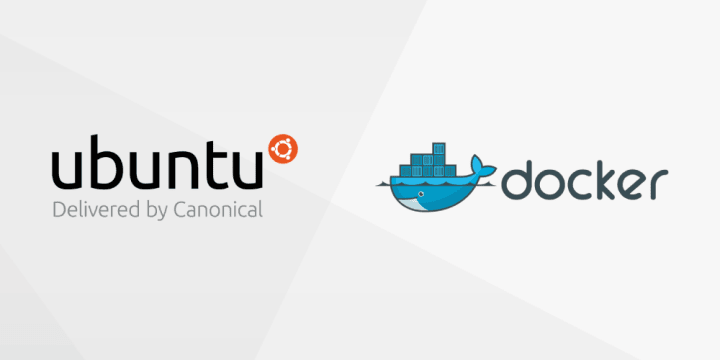Canonical
on 30 November 2016
Docker and Canonical partner on CS Docker Engine for Ubuntu users

- New commercial agreement provides integrated enterprise support and SLAs for CS Docker Engine
SAN FRANCISCO and LONDON, 30th November 2016 – Docker and Canonical today announced an integrated Commercially Supported (CS) Docker Engine offering on Ubuntu, providing Canonical customers with a single path for support of the Ubuntu operating system and CS Docker Engine in enterprise Docker operations.
This commercial agreement provides for a streamlined operations and support experience for joint customers. Stable, maintained releases of Docker will be published and updated by Docker, Inc, as snap packages on Ubuntu, enabling direct access to the Docker Inc build of Docker for all Ubuntu users. Canonical will provide Level 1 and Level 2 technical support for CS Docker Engine backed by Docker, Inc providing Level 3 support. Canonical will ensure global availability of secure Ubuntu images on Docker Hub.
Ubuntu is widely used as a devops platform in container-centric environments. “The combination of Ubuntu and Docker is popular for scale-out container operations, and this agreement ensures that our joint user base has the fastest and easiest path to production for CS Docker Engine devops,” said John Zannos, Vice President of Cloud Alliances and Business Development, Canonical.
CS Docker Engine is a software subscription to Docker’s flagship product backed by business day and business critical support. CS Docker Engine includes orchestration capabilities that enable an operator to define a declarative state for the distributed applications running across a cluster of nodes, based on a decentralized model that allows each Engine to be a uniform building block in a self-organizing, self-healing distributed system.
“Through our partnership, we provide users with more choice by bringing the agility, portability, and security benefits of the Docker CS engine to the larger Ubuntu community,” said Nick Stinemates, Vice President, Business Development and Technical Alliances at Docker. “Additionally, Ubuntu customers will be able to take advantage of official Docker support – a service that is not available from most Linux distributions. Together, we have aligned to make it even easier for organizations to create new efficiencies across the entire software supply chain.”
For more information please visit www.docker.com/products/docker-engine and www.ubuntu.com/cloud.



